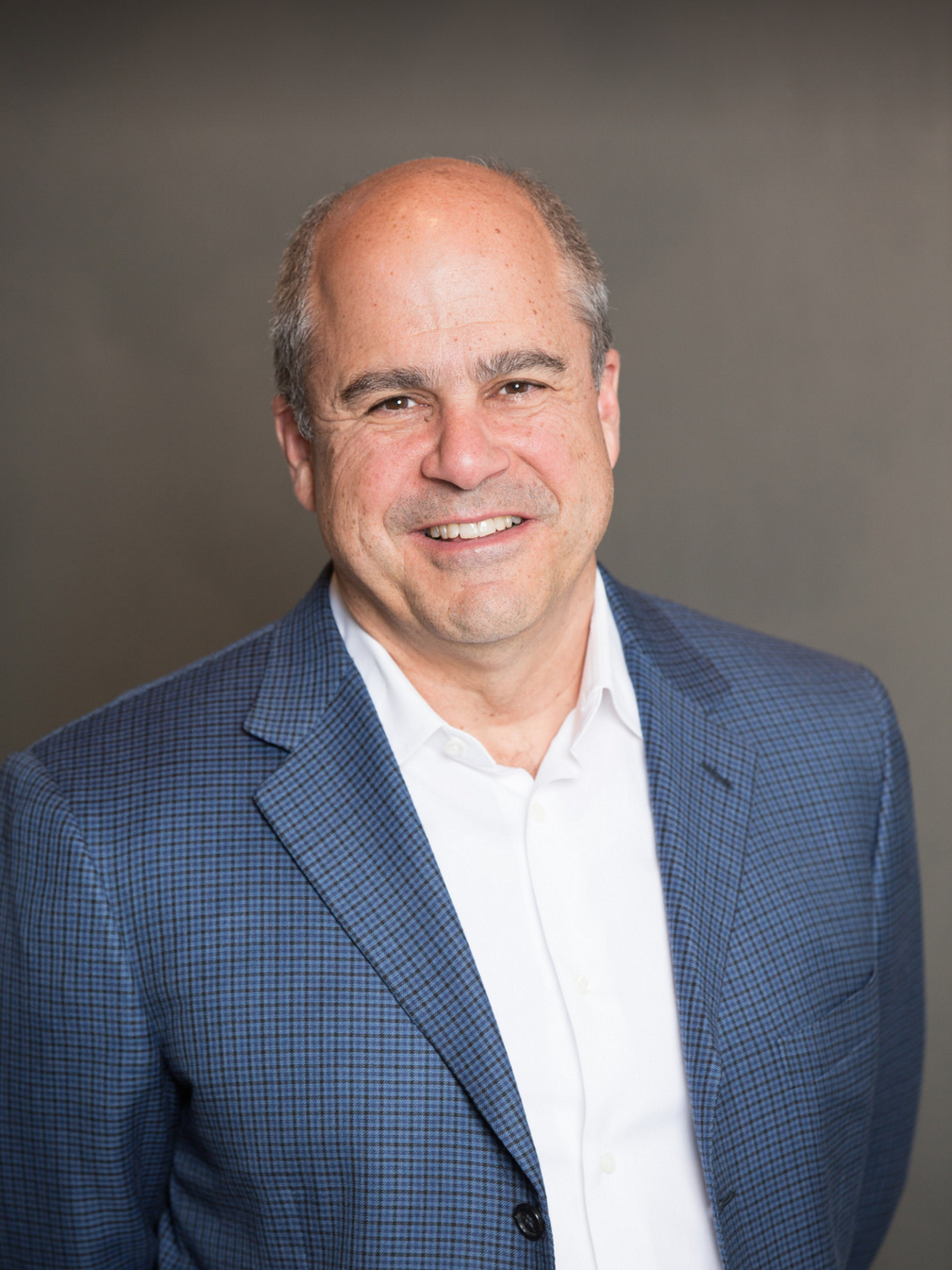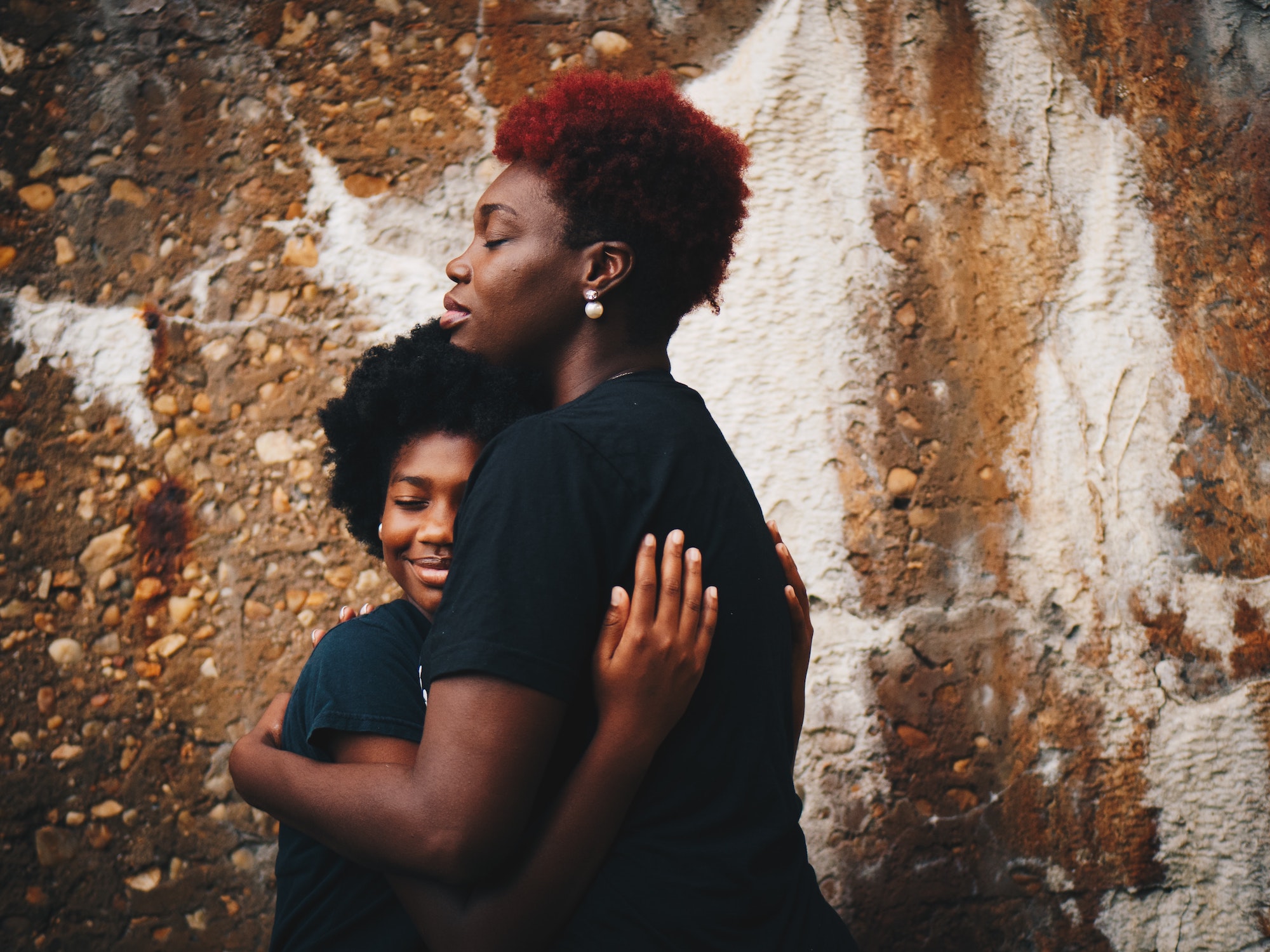Philanthropy, at its best, empowers those who receive it, enabling achievement unencumbered by limitations of money, shelter and other intangible advantages. While we would hope that our charitable efforts are creating a better world, we recognize the need for extensive philanthropy will not disappear in our lifetime. Given this reality, an important consideration is what can we do to encourage a new generation to embrace philanthropy in a similar or more extensive fashion?
There are many opinions on the best paths to address the issue, but the best place to start is creating the awareness and values needed to nurture genuine philanthropic behavior in the next generation. In sum, we want to help lay the foundation to ensure and inspire the philanthropists of tomorrow. While they may not have the capital, young people certainly don’t lack in the spirit of Utopian generosity that colors some of the best work in philanthropy. Planting the seeds and skills to empower the next generation is to work towards fulfillment of charity’s noblest goals: to make the world a better place.
Ron Lieber wrote in the New York Times a thoughtful six-point, practical outline for educating children and teenagers about the necessity of charitable works. Lieber, a personal finance columnist who has published a book on raising money-conscious, non-spoiled children, is especially interested in the character building aspects of youth philanthropy. We certainly stand in agreement with Ron. The piece offers not only actionable words but philosophical points to reference.
Lieber, within his intelligent and pragmatic advice, makes a fascinating point, one that both the young and old alike would do well to remember. All of us, no matter our station in life, have been helped by others through generosity of thought and spirit. Whether from a parent, a religious leader, or a complete stranger, none of us can say we achieved all we have by our hand alone. That atmosphere of charity, which touches every corner of life, ought to be clearly expressed to our young cohort so that they understand the why of philanthropy, before they begin to delve into the what and how.
The how, of course, is paramount. Children are seemingly always eager for action, and philanthropy is the kind of action that can impart lifelong lessons about the beneficial results that come from the right kind of movement. While the big picture may not always be in full view for the youthful, early involvement in helping others sets the stage for more fully-rounded, caring and thoughtful adults: a resource too often in short supply.
The first place to start is to have the younger generation realize they can always help make a difference for those less fortunate. With almost everyone, but most especially the young, this value is best instilled through experiencing first hand the impact which their care and efforts can accomplish. We have witnessed this scenario through our children’s participation in The Friendship Circle of Washington, which every other Sunday gathers teens to spend their afternoon being mentors and friends to special needs children. Those participating experience real fulfillment seeing that a few hours of their time can make a meaningful difference in the lives of others. The hope is these feelings stimulate a positive feedback loop and the imagination as to what else they can accomplish.
The blueprint laid out in Lieber’s article functions as thoughtful parenting advice on the whole, not surprising considering his other writerly pursuits. But it’s not only our own children who we can empower through involvement in philanthropy. There are numerous local and national youth organizations, like The Friendship Circle, that are dedicated to doing good and preparing the next generation. Encouraging your children or grandchildren to participate in these organizations or making a donation to these groups can generate considerable trickle-down effects that benefit the entire community in both the near and long term. Involvement grows kinder people and makes the world a better place.
Outside of the plentiful suggestions offered by the Times, even more avenues to instilling philanthropic values in the young exist. Formal educational programs, for one, can build the skills required in philanthropy through structured classes taught by experienced charitable leaders. These occur at the high school, college and recent graduate levels.
A formal philanthropic education program is a luxury towards building philanthropists for tomorrow, however it is not a necessity. The best source of educating the young starts at home. We do our children a great service by including them in our own philanthropy. A trip to a fundraising event or clothing drive can open eyes much more than even the most thoughtfully-worded exhortation.
What is exciting is that an active dialogue about charity benefits all. There’s a good deal our children can teach us about generosity of spirit, tolerance, creativity and determination. In some cases, they may know better how to navigate and communicate a mission than us “old timers.” A generational partnership will be in a better situation to address the deficiencies we failed to solve or, in a worst case, help create.
Philanthropy has many doorways to the next generation. Alfred Nobel famously started his awards after being confronted with the idea that he’d be remembered as a merchant of destruction, not the peaceful and charitable man he thought himself to be. For us, the greatest legacy we can establish – as parents, as philanthropists, as people concerned with the state of the world and our communities – will derive from the power we put in the hands of the young, especially our own children. Because after all, they will inherit a world where there is still much to accomplish and we hope they too will strive to make the world a better place.


